Intro
Take the Am I Depressed Test to assess mental health, identify depression symptoms, and explore treatment options, learning to manage mood disorders and anxiety.
Mental health is a crucial aspect of our overall well-being, and it's essential to acknowledge the importance of recognizing and addressing mental health issues. Depression, in particular, is a common condition that affects millions of people worldwide, causing significant distress and impairment in daily life. However, many individuals struggle to identify the symptoms of depression, making it challenging to seek help and support. If you're wondering whether you might be experiencing depression, this article aims to provide a comprehensive guide to help you understand the signs, symptoms, and potential treatment options.
Depression can manifest differently in various people, making it essential to be aware of the common symptoms and warning signs. These may include persistent feelings of sadness, hopelessness, or emptiness, as well as changes in appetite, sleep patterns, or energy levels. Additionally, depression can affect relationships, work performance, and overall quality of life. By recognizing the potential indicators of depression, you can take the first step towards seeking help and reclaiming control over your mental health.
It's vital to remember that depression is not a sign of weakness, and it's not something that you can simply "snap out of." Rather, it's a complex condition that requires compassion, understanding, and professional support. By educating yourself about depression and its effects, you can better navigate the challenges of mental health and develop a more empathetic and supportive attitude towards yourself and others. In this article, we'll delve into the world of depression, exploring its causes, symptoms, and treatment options, as well as providing practical advice and resources for those seeking help.
Understanding Depression
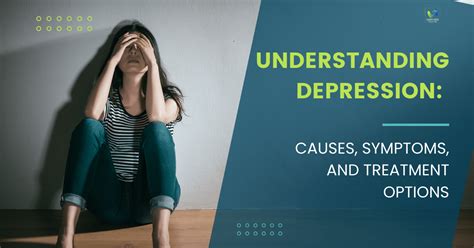
Types of Depression
There are several types of depression, each with unique characteristics and symptoms. Major depressive disorder, for example, is marked by intense feelings of sadness and hopelessness, while persistent depressive disorder is characterized by a low, persistent mood that lasts for years. Bipolar disorder, on the other hand, involves periods of mania or hypomania, often alternating with episodes of depression. By recognizing the specific type of depression you may be experiencing, you can develop a more targeted approach to treatment and recovery.Causes of Depression
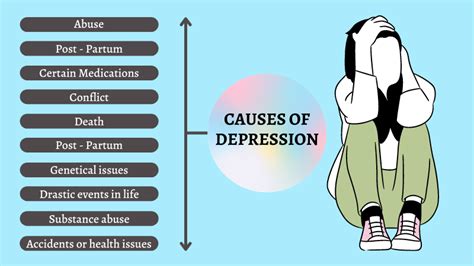
Risk Factors for Depression
Certain risk factors can increase the likelihood of developing depression, including a family history of depression, previous traumatic experiences, or chronic medical conditions. Additionally, social and environmental factors, such as poverty, unemployment, or social isolation, can contribute to the development of depression. By recognizing these risk factors, you can take proactive steps to mitigate their impact and reduce your risk of developing depression.Symptoms of Depression
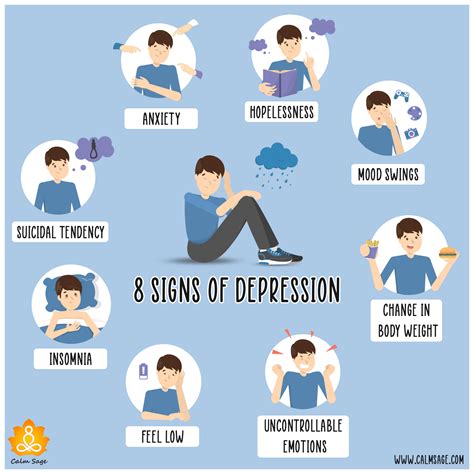
Recognizing the Signs of Depression
Recognizing the signs of depression is crucial for seeking help and support. If you're experiencing several of the symptoms mentioned above, it may be essential to consult with a mental health professional for a comprehensive evaluation and treatment plan. Additionally, if you're concerned about a loved one who may be experiencing depression, it's vital to approach the situation with empathy and understanding, encouraging them to seek professional help and support.Treatment Options for Depression
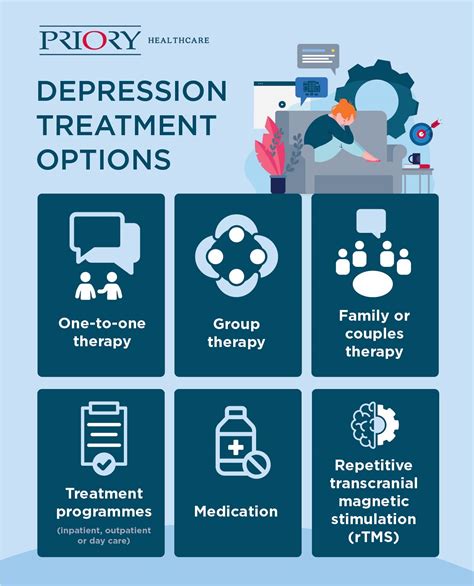
Developing a Treatment Plan
Developing a treatment plan for depression involves collaboration with a mental health professional to identify the most effective approaches for your specific needs and circumstances. This may involve a combination of medications, psychotherapy, and lifestyle changes, as well as ongoing monitoring and support to ensure the best possible outcomes.Coping with Depression
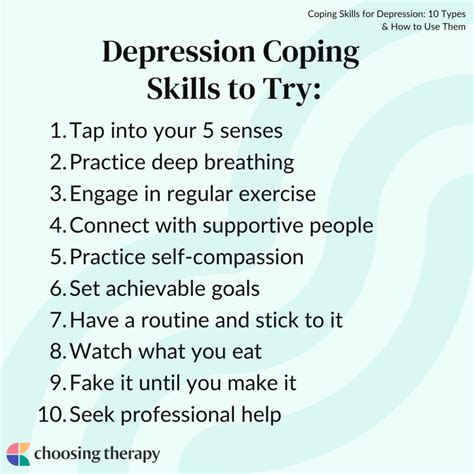
Building Resilience
Building resilience is essential for coping with depression and improving overall mental health. This may involve developing coping skills, such as problem-solving or emotional regulation, as well as cultivating a positive and supportive social network. By building resilience, you can better navigate the challenges of depression and develop a more hopeful and optimistic outlook on life.Supporting Loved Ones with Depression

Creating a Supportive Environment
Creating a supportive environment for loved ones with depression is crucial for their recovery and well-being. This may involve: * Educating yourself about depression and its effects * Encouraging open and honest communication * Fostering a positive and supportive social network * Providing access to professional treatment and support servicesWhat are the common symptoms of depression?
+Common symptoms of depression include persistent feelings of sadness, hopelessness, or emptiness, as well as changes in appetite, sleep patterns, or energy levels.
How can I support a loved one with depression?
+Supporting a loved one with depression involves empathy, understanding, and patience. Encourage them to seek professional help, offer emotional support, and help them develop coping skills and strategies.
What treatment options are available for depression?
+Treatment options for depression include medications, psychotherapy, lifestyle changes, and alternative therapies. A mental health professional can help develop a personalized treatment plan.
In conclusion, depression is a complex and multifaceted condition that requires compassion, understanding, and professional support. By recognizing the signs and symptoms of depression, seeking help and treatment, and cultivating a supportive environment, you can take the first steps towards recovery and improved mental health. We encourage you to share your thoughts and experiences with depression, and to seek help if you or a loved one is struggling with this condition. Together, we can work towards a more supportive and inclusive community that prioritizes mental health and well-being.
